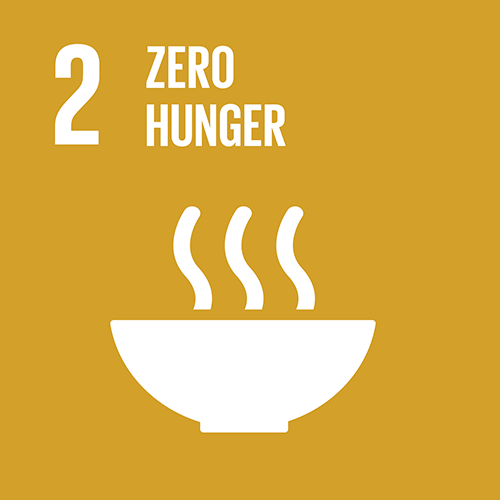Coop Support Programme for agroforestry

Project type: Land Use and Forestry
Project location: Switzerland
Project status: In operation, exclusive
Emission reduction over 50 years: 10,000 tCO2e
The Coop support programme for agroforestry supports agricultural Bio Suisse, Miini Region businesses or Swiss Park farms in the planting and caring of trees on areas in agricultural use. The focus here is on wild fruit trees and trees that can be used for domestic timber production – trees, in fact, that are rarely planted these days. Anyone who is interested can register for this climate protection programme now.
Agroforestry refers to the planting and caring of trees on areas in agricultural use. This form of dual use offers numerous advantages for the environment: Trees absorb carbon from the atmosphere and thus act as CO₂ sink. They offer habitats for animals and thus increase biodiversity, which strengthens the natural resilience of the cultivation area. They also protect fields from ground erosion and reduce discharge of nutrients and pesticides into groundwater and surface water.
Agroforestry was common in Switzerland over centuries and characterized the landscape in many places. It serves primarily for fruit production, which is nurtured this way alongside cattle-rearing, arable farming and vegetable production. Since the 1950s, however, the number of trees in agricultural areas has fallen dramatically. Due to financial strains and cultivation techniques, more and more farms shifted away from agroforestry. Since the 1990s, farmers have been able to apply for grants as part of the direct support scheme for agriculture, but wild fruit and timber varieties in particular, which are less labour-intensive to cultivate than standard fruit trees, are still planted very rarely.
We have planted eleven different tree varieties, including sweet cherry, chequer tree, wild pear, sweet chestnut, common oak and wild apple. With these trees, we’re making long-term investments in the business.
With the Coop climate protection programme, farmers have an incentive to establish new agroforestry concepts on arable and pastureland again. The work for planting new trees and their regular care is supported with CHF 75 per tree (minimum of 20 trees per farm). The support from Coop is cumulative with direct payments from the federation, canton or municipality, as well as any payments from non-profit groups.
In order to ensure the longest possible carbon capture and a contribution to biodiversity, the focus is on the planting of timber and wild fruit trees, which can be planted in combination with standard fruit trees. Even if the trees are felled later on, a lot of carbon remains captured: in the roots and in the timber used for furniture or construction. Felled trees should be replaced so that new trees can capture more carbon.
The project contributes to both climate protection and biodiversity.
Participating farmers get a free initial and follow-up consultation, in which the tree varieties, location and cultivation are discussed.
Contact
Ian Rothwell, project management, Tel.: 044 206 34 17, Email
This programme is no longer accepting registrations. We have a transnational follow-up programme for the support of agroforestry systems.
Would you like to plant only high trunk trees (no commercial timber trees)? Then take a look at our standard-form trees promotion programme for "Hochstamm Suisse" members.
This project contributes to 2 SDGs*
*as at the end of 2024. Find out how myclimate reports these SDGs in our FAQ.
Sustainable use of arable land.
These SDGs have been approved by myclimate:
A total of 10,000 t CO2 will be saved over 50 years.
Over the course of the programme, 7,000 trees were planted.
Situation without project
Despite support efforts involving direct payments, agroforestry systems with a focus on quality wood and wild fruit are very rarely implemented.Documentations
Project standard

Partner



Project number
7919-003





